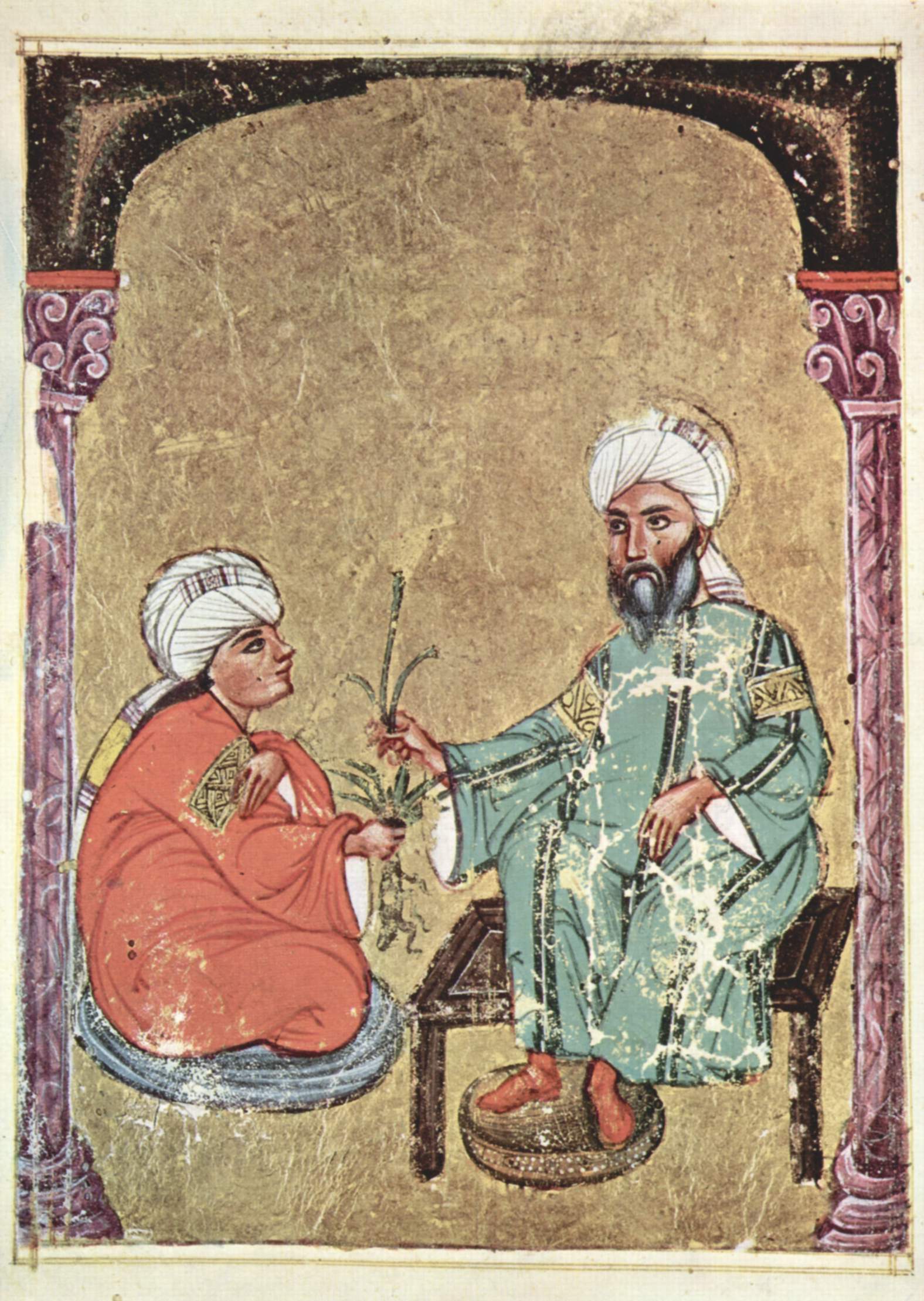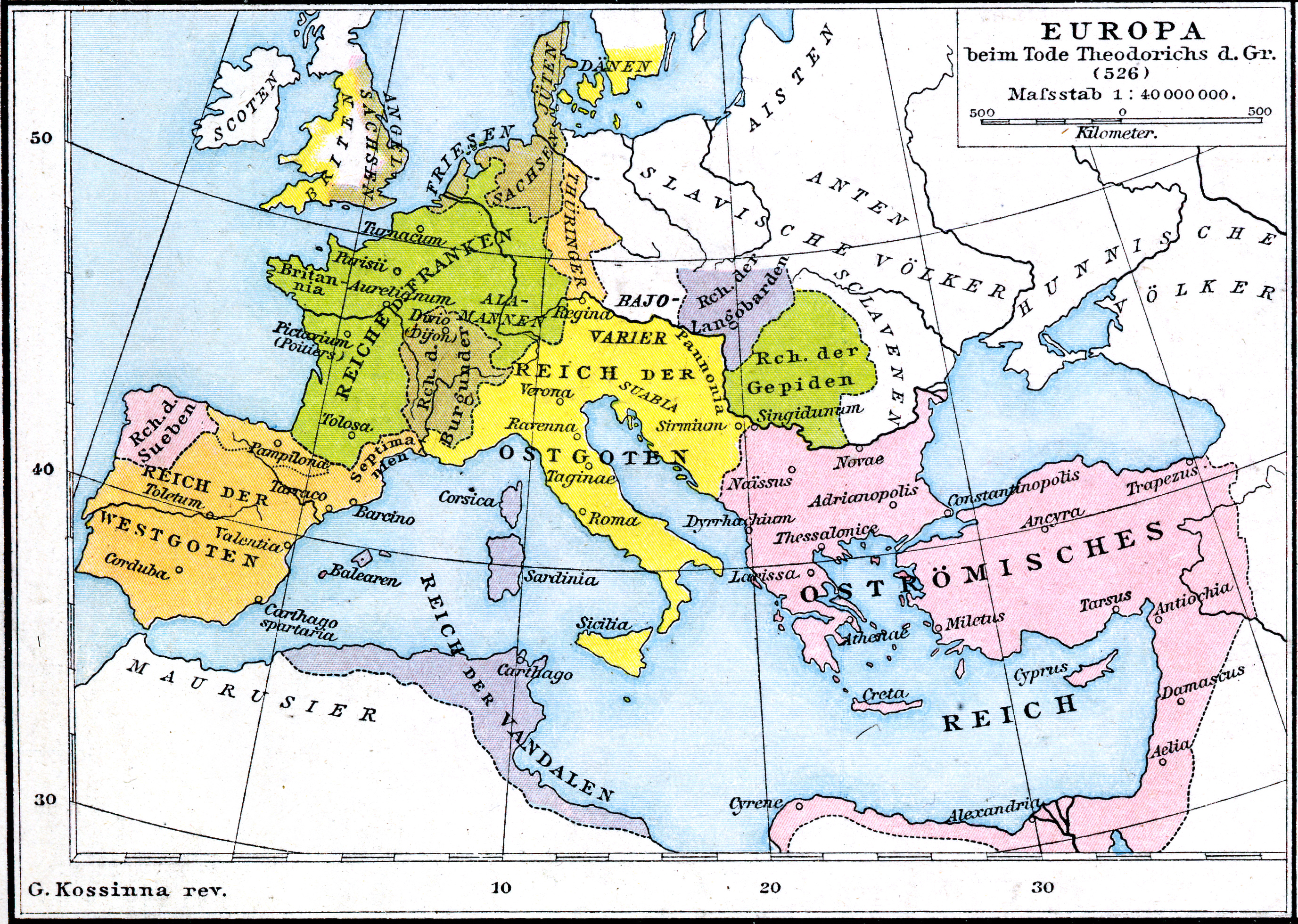|
Medical Ethics
Medical ethics is an applied branch of ethics which analyzes the practice of clinical medicine and related scientific research. Medical ethics is based on a set of values that professionals can refer to in the case of any confusion or conflict. These values include the respect for autonomy, non-maleficence, beneficence, and justice. Such tenets may allow doctors, care providers, and families to create a treatment plan and work towards the same common goal. It is important to note that these four values are not ranked in order of importance or relevance and that they all encompass values pertaining to medical ethics. However, a conflict may arise leading to the need for hierarchy in an ethical system, such that some moral elements overrule others with the purpose of applying the best moral judgement to a difficult medical situation. Medical ethics is particularly relevant in decisions regarding involuntary treatment and involuntary commitment. There are several codes of conduct. ... [...More Info...] [...Related Items...] OR: [Wikipedia] [Google] [Baidu] |
Ethics
Ethics or moral philosophy is a branch of philosophy that "involves systematizing, defending, and recommending concepts of right and wrong behavior".''Internet Encyclopedia of Philosophy'' The field of ethics, along with aesthetics, concerns matters of value; these fields comprise the branch of philosophy called axiology. Ethics seeks to resolve questions of human morality by defining concepts such as good and evil, right and wrong, virtue and vice, justice and crime. As a field of intellectual inquiry, moral philosophy is related to the fields of moral psychology, descriptive ethics, and value theory. Three major areas of study within ethics recognized today are: # Meta-ethics, concerning the theoretical meaning and reference of moral propositions, and how their truth values (if any) can be determined; # Normative ethics, concerning the practical means of determining a moral course of action; # Applied ethics, concerning what a person is obligated (or permitted) to do ... [...More Info...] [...Related Items...] OR: [Wikipedia] [Google] [Baidu] |
Muhammad Ibn Zakariya Ar-Razi
Abū Bakr al-Rāzī (full name: ar, أبو بکر محمد بن زکریاء الرازي, translit=Abū Bakr Muḥammad ibn Zakariyyāʾ al-Rāzī, label=none), () rather than ar, زکریاء, label=none (), as for example in , or in . In modern Persian his name is rendered as fa, ابوبکر محمدبن زکریا رازی, label=none (see ), though instead of fa, زکریا, label=none one may also find fa, زکریای, label=none (see ). , often known as (al-)Razi or by his Latin name Rhazes, also rendered Rhasis, was a Persian physician, philosopher and alchemist who lived during the Islamic Golden Age. He is widely regarded as one of the most important figures in the history of medicine, and also wrote on logic, astronomy and grammar. He is also known for his criticism of religion, especially with regard to the concepts of prophethood and revelation. A comprehensive thinker, al-Razi made fundamental and enduring contributions to various fields, which he recorded i ... [...More Info...] [...Related Items...] OR: [Wikipedia] [Google] [Baidu] |
The Canon Of Medicine
''The Canon of Medicine'' ( ar, القانون في الطب, italic=yes ''al-Qānūn fī al-Ṭibb''; fa, قانون در طب, italic=yes, ''Qanun-e dâr Tâb'') is an encyclopedia of medicine in five books compiled by Persian physician-philosopher Avicenna (, Ibn Sina) and completed in 1025. Perhaps one of the most famous and influential early books, that continued to influence later creations. It presents an overview of the contemporary medical knowledge of the Islamic world, which had been influenced by earlier traditions including Greco-Roman medicine (particularly Galen), Persian medicine, Chinese medicine and Indian medicine. ''The Canon of Medicine'' remained a medical authority for centuries. It set the standards for medicine in Medieval Europe and the Islamic world and was used as a standard medical textbook through the 18th century in Europe. It is an important text in Unani medicine, a form of traditional medicine practiced in India. Title The English title ' ... [...More Info...] [...Related Items...] OR: [Wikipedia] [Google] [Baidu] |
Avicenna
Ibn Sina ( fa, ابن سینا; 980 – June 1037 CE), commonly known in the West as Avicenna (), was a Persian polymath who is regarded as one of the most significant physicians, astronomers, philosophers, and writers of the Islamic Golden Age, and the father of early modern medicine. Sajjad H. Rizvi has called Avicenna "arguably the most influential philosopher of the pre-modern era". He was a Muslim Peripatetic philosopher influenced by Greek Aristotelian philosophy. Of the 450 works he is believed to have written, around 240 have survived, including 150 on philosophy and 40 on medicine. His most famous works are ''The Book of Healing'', a philosophical and scientific encyclopedia, and ''The Canon of Medicine'', a medical encyclopedia which became a standard medical text at many medieval universities and remained in use as late as 1650. Besides philosophy and medicine, Avicenna's corpus includes writings on astronomy, alchemy, geography and geology, psychology, I ... [...More Info...] [...Related Items...] OR: [Wikipedia] [Google] [Baidu] |
Al-Ruhawi
Ishāq bin Ali al-Rohawi ( ar, إسحاق بن علي الرهاوي) was a 9th-century author of the first medical ethics book in Arabic medicine. His ''Ethics of the Physician'' contains the first documented description for peer review processes. The processes gave the fundamentals of peer review processes where practising Arab physicians were reviewed by peers on the medical treatment they provide to their patients. If the treatment of a patient was incorrectly done with negative peer reviews, then the physician is at a lawsuit liability. Al-Ruhawi was probably from Al-Ruha, modern-day Şanlıurfa in Turkey, close to the border of Syria. It is often known as ''Urfa''. Not much is known about Al-Rahawi, including his beliefs. The author Levey stated in his book that Al-Rahawi was a Christian while the author Burgel wrote that Al-Rahawi was Jewish. However, both authors did not give evidence to support their argument, rather having it based on their interpretations. Although the ... [...More Info...] [...Related Items...] OR: [Wikipedia] [Google] [Baidu] |
Medicine In The Medieval Islamic World
In the history of medicine, "Islamic medicine" is the science of medicine developed in the Middle East, and usually written in Arabic, the '' lingua franca'' of Islamic civilization. Islamic medicine adopted, systematized and developed the medical knowledge of classical antiquity, including the major traditions of Hippocrates, Galen and Dioscorides. During the post-classical era, Middle Eastern medicine was the most advanced in the world, integrating concepts of ancient Greek, Roman, Mesopotamian and Persian medicine as well as the ancient Indian tradition of Ayurveda, while making numerous advances and innovations. Islamic medicine, along with knowledge of classical medicine, was later adopted in the medieval medicine of Western Europe, after European physicians became familiar with Islamic medical authors during the Renaissance of the 12th century. Medieval Islamic physicians largely retained their authority until the rise of medicine as a part of the natural sciences, be ... [...More Info...] [...Related Items...] OR: [Wikipedia] [Google] [Baidu] |
Theodoric The Great
Theodoric (or Theoderic) the Great (454 – 30 August 526), also called Theodoric the Amal ( got, , *Þiudareiks; Greek: , romanized: ; Latin: ), was king of the Ostrogoths (471–526), and ruler of the independent Ostrogothic Kingdom of Italy between 493 and 526, regent of the Visigoths (511–526), and a patrician of the Eastern Roman Empire. As ruler of the combined Gothic realms, Theodoric controlled an empire stretching from the Atlantic Ocean to the Adriatic Sea. Though Theodoric himself only used the title 'king' (''rex''), some scholars characterize him as a Western Roman Emperor in all but name, since he ruled large parts of the former Western Roman Empire, had received the former Western imperial regalia from Constantinople in 497, and was referred to by the title ''augustus'' by some of his subjects. As a young child of an Ostrogothic nobleman, Theodoric was taken as a hostage to Constantinople, where he spent his formative years and received an East Roman education (' ... [...More Info...] [...Related Items...] OR: [Wikipedia] [Google] [Baidu] |
Ostrogoths
The Ostrogoths ( la, Ostrogothi, Austrogothi) were a Roman-era Germanic peoples, Germanic people. In the 5th century, they followed the Visigoths in creating one of the two great Goths, Gothic kingdoms within the Roman Empire, based upon the large Gothic populations who had settled in the Balkans in the 4th century, having crossed the Lower Danube. While the Visigoths had formed under the leadership of Alaric I, the new Ostrogothic political entity which came to rule Italy was formed in the Balkans under the influence of the Amal dynasty, the family of Theodoric the Great. After the death of Attila and collapse of the Hunnic empire represented by the Battle of Nedao in 453, the Amal family began to form their kingdom in Pannonia. Byzantine Empire, Byzantine Zeno (emperor), Emperor Zeno played these Pannonian Goths off against the Thracian Goths, but instead the two groups united after the death of the Thracian leader Theoderic Strabo and his son Recitach. Zeno then backed Theodori ... [...More Info...] [...Related Items...] OR: [Wikipedia] [Google] [Baidu] |
Formula Comitis Archiatrorum
''Formula Comitis Archiatrorum'' is the earliest known code of medical ethics. It was written in the 5th century, during the reign of the Ostrogothic king Theodoric, and is preserved in the works of Cassiodorus Magnus Aurelius Cassiodorus Senator (c. 485 – c. 585), commonly known as Cassiodorus (), was a Roman statesman, renowned scholar of antiquity, and writer serving in the administration of Theodoric the Great, king of the Ostrogoths. ''Senator'' w .... It demands from physicians that they widen and deepen their knowledge and enacts the consultation with other physicians. References Medical ethics History of medicine 5th-century works Medieval philosophical literature Ethical codes {{ethics-book-stub ... [...More Info...] [...Related Items...] OR: [Wikipedia] [Google] [Baidu] |
Christianity
Christianity is an Abrahamic monotheistic religion based on the life and teachings of Jesus of Nazareth. It is the world's largest and most widespread religion with roughly 2.38 billion followers representing one-third of the global population. Its adherents, known as Christians, are estimated to make up a majority of the population in 157 countries and territories, and believe that Jesus is the Son of God, whose coming as the messiah was prophesied in the Hebrew Bible (called the Old Testament in Christianity) and chronicled in the New Testament. Christianity began as a Second Temple Judaic sect in the 1st century Hellenistic Judaism in the Roman province of Judea. Jesus' apostles and their followers spread around the Levant, Europe, Anatolia, Mesopotamia, the South Caucasus, Ancient Carthage, Egypt, and Ethiopia, despite significant initial persecution. It soon attracted gentile God-fearers, which led to a departure from Jewish customs, and, a ... [...More Info...] [...Related Items...] OR: [Wikipedia] [Google] [Baidu] |
Duty
A duty (from "due" meaning "that which is owing"; fro, deu, did, past participle of ''devoir''; la, debere, debitum, whence "debt") is a commitment or expectation to perform some action in general or if certain circumstances arise. A duty may arise from a system of ethics or morality, especially in an honor culture. Many duties are created by law, sometimes including a codified punishment or Legal liability, liability for non-performance. Performing one's duty may require some sacrifice of Self, self-interest. Cicero, an early Roman philosopher who discusses duty in his work “On Duty", suggests that duties can come from four different sources: # as a result of being a human # as a result of one's particular place in life (one's family, one's country, one's job) # as a result of one's character # as a result of one's own moral expectations for oneself The specific duties imposed by law or culture vary considerably, depending on jurisdiction, religion, and social normalities. ... [...More Info...] [...Related Items...] OR: [Wikipedia] [Google] [Baidu] |




